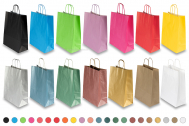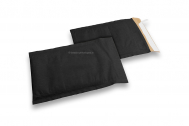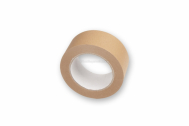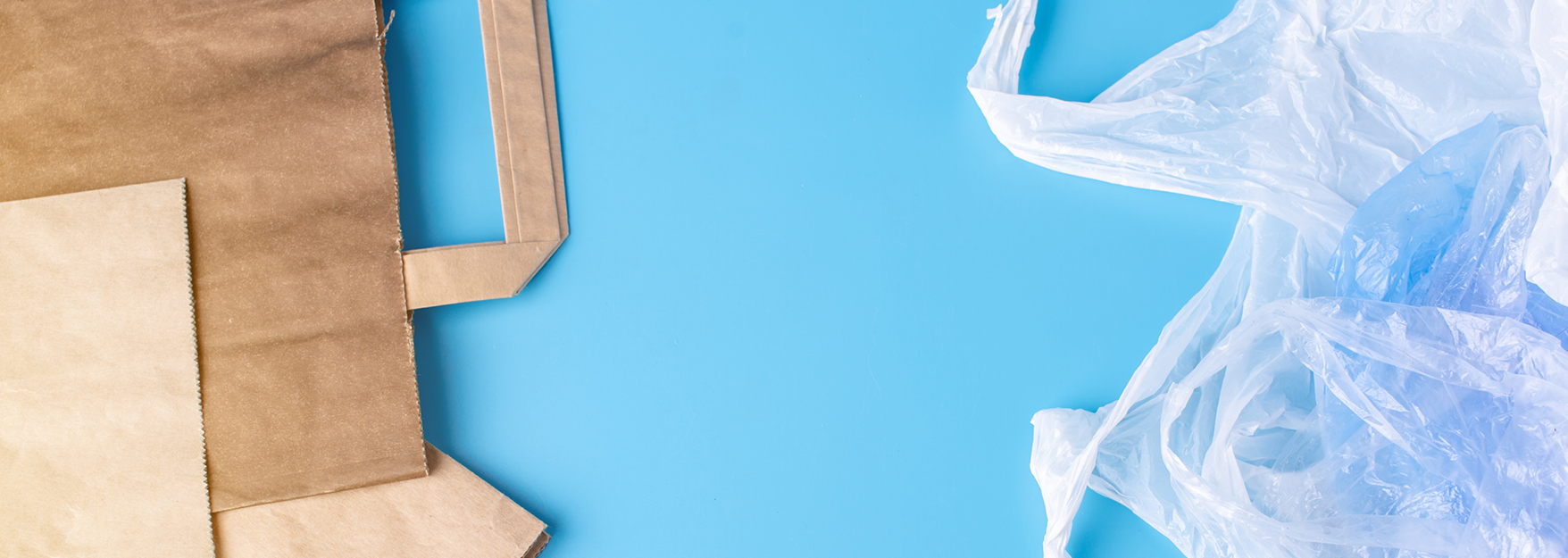 In our modern world, plastic packaging has become indispensable. From food packaging to shipment bags: plastic is practical, cheap and versatile. But its harmful impact on the environment can no longer be ignored. Thankfully, sustainable alternatives to plastic packaging are on the rise. In this article, we will show why it is important to reduce plastic and what plastic-free packaging Bestbuyenvelopes offers as an environmentally friendly alternative.
In our modern world, plastic packaging has become indispensable. From food packaging to shipment bags: plastic is practical, cheap and versatile. But its harmful impact on the environment can no longer be ignored. Thankfully, sustainable alternatives to plastic packaging are on the rise. In this article, we will show why it is important to reduce plastic and what plastic-free packaging Bestbuyenvelopes offers as an environmentally friendly alternative.Why avoid plastic?
Plastic is not biodegradable and it can take hundreds of years to break down. This means it accumulates in landfills, rivers and oceans, where it damages the environment and threatens animal life. Millions of tonnes of plastic end up in the oceans every year, leading to pollution and the disruption of ecosystems. By choosing plastic substitutes and sustainable alternatives, we can reduce this impact and contribute to a cleaner planet.Sustainable plastic-free packaging
Fortunately, there are several sustainable alternatives to plastic packaging that are less harmful to the environment. These alternatives are not only good for the environment, but often more practical and healthier for consumers.- Plastic-free packaging is biodegradable, does not deposit microplastics and contributes to a sustainable reputation.
- Plastic-free packaging contains no harmful chemicals and helps keep food fresh for longer without unwanted interactions.
Sustainable & Biodegradable
Eco-friendly, sustainable, biodegradable - these are all terms we can no longer ignore. But what does sustainable mean and what exactly is biodegradable? A brief explanation:- Sustainable: products are manufactured, used or managed in a way that takes into account the long term, without harming the environment, society or future generations. Sustainability is about using raw materials efficiently, reducing waste and pollution, and ensuring a balance between economic, ecological and social interests.
- Biodegradable: material that can be broken down by natural processes, such as bacteria, fungi and other micro-organisms, into harmless substances such as water, carbon dioxide and biomass. This process takes place without leaving harmful residues and helps reduce our environmental impact. Not all biodegradable materials break down at the same pace; some need specific conditions such as moisture, oxygen and heat, while others decompose on their own in nature.
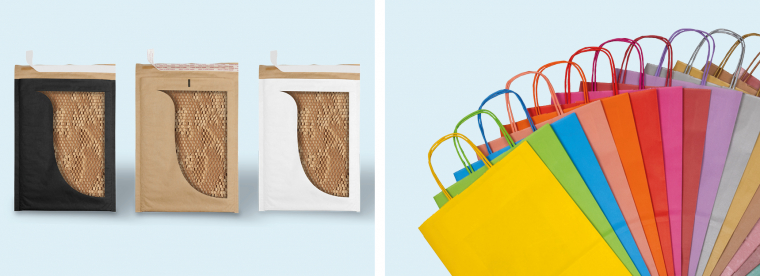
Recyclable & Recycled
Is it the same or just a bit different? They are certainly similar but recyclable and recycled do not have the same meaning. Recyclable means that a material is suitable to be reprocessed into a new product, but it has not yet been recycled. For example, a plastic bottle is recyclable, but if it is not collected and processed correctly, it still ends up as waste.
Recycled indicates that the material has already undergone a recycling process and has been reused to make a new product. For example, a cardboard box made of recycled paper is actually made of waste paper that has been recycled.
In short; recyclable indicates that something can be recycled, while recycled means that it has already been reprocessed!
Sustainable product range
OK, that concludes our explanation of the various eco-friendly terms! Now that we know exactly which packaging is the ‘right’ one; let's take a closer look at Bestbuyenvelopes' product range. We divide the products into three categories: Biodegradable, Recyclable & Recycled. Because of course, they are all sustainable!Biodegradable packaging
- Seed paper envelopes and cards. Seed paper is produced from biodegradable paper with flower seeds mixed in to give the paper a natural texture. After using the envelope and/or card, you can put it in the ground and beautiful flowers will grow.
- Paper carrier bags with twisted handles. Made of 100% biodegradable kraft paper.
- Paper wine bags. Made of 100% biodegradable kraft paper.
Recyclable packaging:
- Paper padded envelopes: Made entirely from paper, these envelopes feature a three-layer honeycomb structure, offering the same protective qualities as plastic bubble wrap. They provide shock absorption while being fully recyclable.
- Glassine envelopes: 100% recyclable and fully compostable.
- Paper tape: Paper tape is strong and reliable and can be recycled together with the cardboard box. A brown cardboard box combined with brown paper tape boasts an environmentally conscious look.
Recycled packaging:
- Brown grass-paper bubble envelopes: Grass paper consists of 30% grass and 70% recycled paper. You can tell right away, thanks to the unique appearance of these brown bubble envelopes.
- Book packaging economy: Made of 100% recycled sturdy brown corrugated cardboard.
- Recycled envelopes: These envelopes are made of 100% recycled paper and fit perfectly into the corporate identity of ‘green companies’ that are concerned with corporate social responsibility.
If you can’t see the plastic-free forest for the sustainable trees, please feel free to get in touch with our friendly customer service.
Choose Bestbuyenvelopes' products and contribute to a more sustainable world by using recycled and eco-friendly materials!




